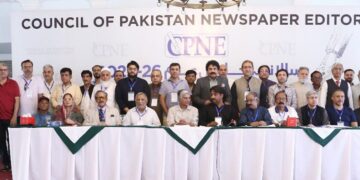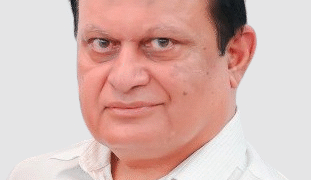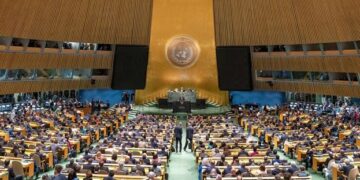Karachi – It is like a narrative between a whole seller and retailer. When we have to buy more or in quantity, we pay less price while approaching a whole seller instead of a retailer. In the case of more consumption of electricity it is vice versa, while consuming more units we pay more prices. Higher the slab, enormous the prices. This is common practice in our country. Whereas it should be, more consumption / higher slab, the lower the prices said ateeq ur rahman (economic & financial analyst).
Again, in past RCET (Regionally Competitive Energy Tariffs) largely attributed a strong policy support towards lower prices of Industrial Electricity Consumptions.
He added that the sudden complete withdrawal of RCET is a blow to the Manufacturing, Industry, Exports and Overall Economy. This left the Export Industry in muddles by hike in Electricity / Gas / RLNG prices. The Export Oriented Industries are therefore compelled to procure costly manufacturing inputs to run their Industries and subsequently scaled up their output cost exorbitantly, leaving the entire sector impossible. As a result of which, the available orders are now being shifted to cheaper alternatives including India, Bangladesh, Sirilanka and Vietnam. Bangladesh Exports have risen by $ 5 Billion, ours have gone down with similar numbers.
Further our foreign exchange is depended on our Exports, with the withdrawal of RCET, this reliance have become more shaky and questionable. We cannot replace Exports with the Remittances and Loans. The Exports have its own importance.
Enough is Enough, instead of facing erratic Energy Crisis / Higher Tariff, Dependency on Power Producers. The Industrial Towns should go for their own Power Generation Capacity to meet their Energy Requirements through, Solar, Coal or Wind, etc. This is high time and before situation become more complicated, Industrial Town Associations should seriously think in the interest of their member Industries to this regard suggested ateeq.
















